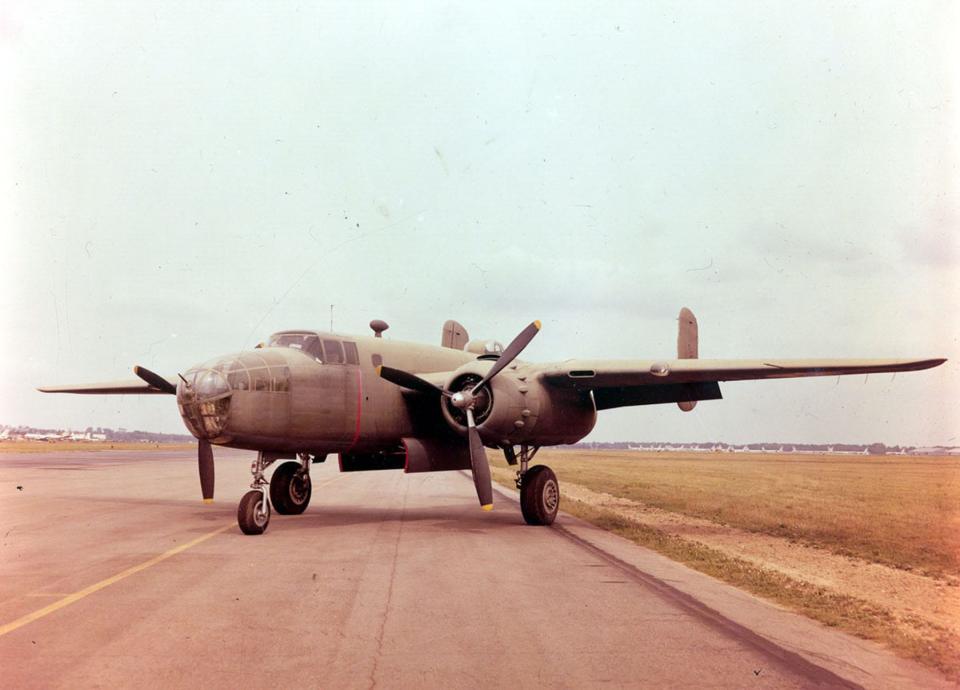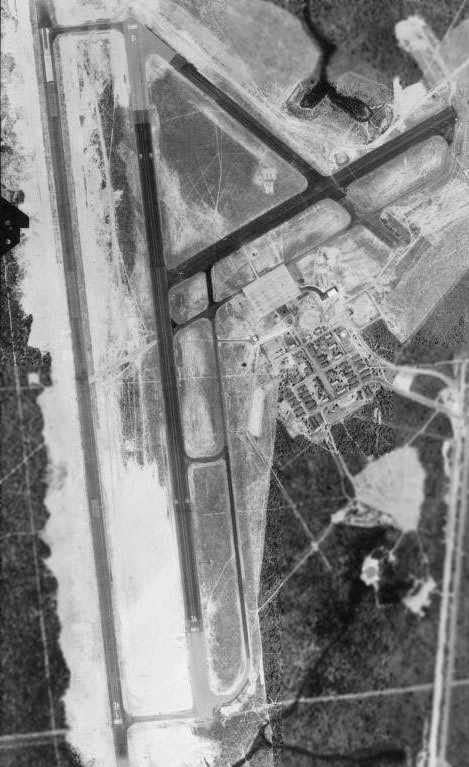Florida history: The sad fate of the David Cosson family
In all the stories this writer has done on World War II in Florida, the saddest just might be the tale of the Cosson family, from the Panhandle.
As we wrote in a 1994 story, “Little Davie Cosson never had a chance”: On Aug. 11, 1944, the U.S. Army Air Corps dropped four bombs on his uncle’s Panhandle farm. His father, uncle and two cousins were killed, and he was paralyzed. It may have been the only time in World War II when civilians in America were killed by “friendly fire.”

No one can say for sure. There was an investigation, but no one told Cosson its results. “No inquiry. No interview. Nothing,” Isaac David Cosson, now 62, said in 1994, leaning forward in his wheelchair from the porch of his modest Central Florida home.
After more than 100 operations, only a stub of a left leg remained below his hip.
‘That’s a bad sign’
The Cossons were simple country folk. Three different families ran modest farms, raising mostly turkeys, along the same road in the Alaqua community, southwest of DeFuniak Springs. Four cousins were off at war. Every Friday afternoon, the families would gather at one of their homes. This night was at Uncle Jim’s place.
Survivors recall their living hell: Bombs Rained on Florida Family in 1944
Historical Marker Database: The Cosson family tragedy
The Raiders at Eglin: In March 1942, the Doolittle Raiders trained in Florida for their historic mission

About a half-mile away lay the eastern edge of the Eglin Army Air Field reservation, a 725-square mile sprawl across three Panhandle counties. With the war heating up in those first weeks after D-Day, Eglin was making night bombing runs, using live bombs.
That night in August 1944, Alfred Cosson saw four shooting stars. He told his son David, “That’s a bad sign.” Then flares began to light the sky. Suddenly everyone could hear the unmistakable whistle. Incoming.
“They just grabbed each other by the hand,” Cosson said, “and started running.” But the Cossons had nowhere to run. Uncle Jim, his son, Bubby, and daughter, Winnie Lee, and his brother Alfred – David’s father – were killed that night. The others lay badly hurt.
Numerous inquiries by The Palm Beach Post of more than a dozen federal agencies and archives came up with a few documents summarizing the accident and its grisly results. None said how it happened. It’s not likely the report was buried, rather that it was simply misfiled some time in the past five decades, archivists said.
The only official word had been given to newspapers just after the bombing: Some bombs “hung on the device after the release had been made, thereby carrying the bombs beyond the target and finally releasing near the property of the victims resulting in severe damage.”
Compensation came – but not quickly
The Cosson family had no life or health insurance. Cosson’s mother – she and the others recovered – was awarded $259 to cover the accumulated and anticipated medical costs of young David. The nurses called him “Davie,” and the doctors gave him a few months to live. In 1946, the 79th Congress passed a bill that gave $30,000 to the Cosson family, including $6,000 for David.
He later moved to Clermont, a small town about 25 miles west of Orlando. In 1953, he was offered $12,000. He was 21. He took it. On July 2, 1980, President Carter signed a bill that provided Cosson $18,000 a year for the rest of his life. Cosson died at 66 in January 1999.
Florida Time is a weekly column about Florida history by Eliot Kleinberg, a former staff writer for three decades at The Palm Beach Post in West Palm Beach, and the author of 10 books about Florida (www.ekfla.com).
This article originally appeared on Palm Beach Post: Four family members died when an Eglin WWII training mission went awry

